UNODC helps Philippines tackle gang-run ‘scam farms’ of human trafficking
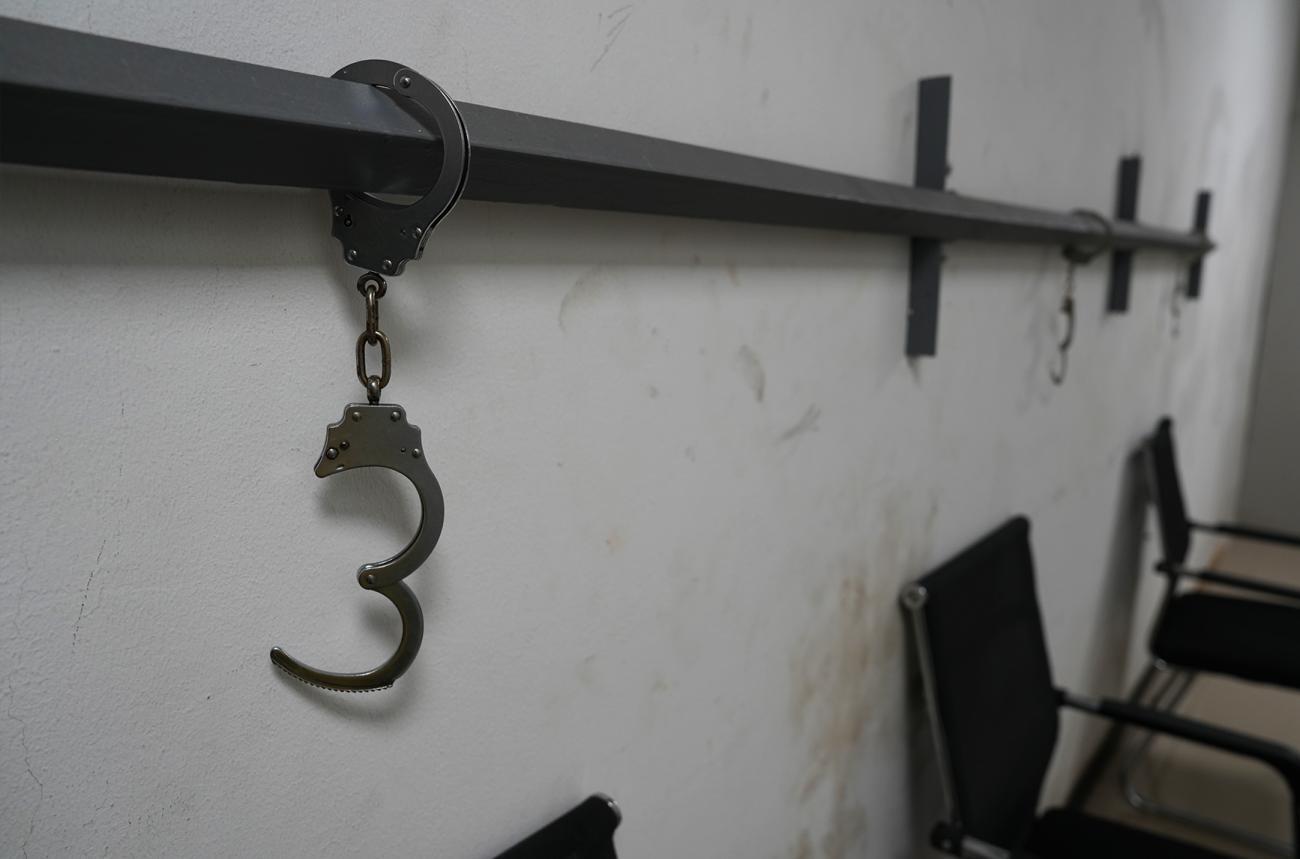
Torture rooms and VIP karaoke bars in #SoutheastAsia organized-crime run scam farms @UNODC_SEAP
Transnational organised crime syndicates based in Southeast Asia are fueling the trafficking of people for both forced criminality and sexual exploitation in “scam farms” that have spread across the region.
There are estimated to be some 400 of these criminal enterprises in the Philippines alone. They are almost always operated clandestinely and illegally alongside licensed and legal online gaming operations.
The proliferation of online scam farms targeting victims across the world is a relatively new phenomenon that exploded during the COVID-19 pandemic.
The Philippines Presidential Anti-Organized Crime Commission (PAOCC) has raided and shut down dozens of the operations in recent years and is collaborating with the UN Office on Drugs and Crime (UNODC) to look at ways of working with other countries to disrupt and dismantle the scam farms in Southeast Asian countries, including Cambodia, Laos and Myanmar.
UNODC’s engagement in this area complements the work of the International Organization for Migration (IOM), whose analysis on trafficking in persons for forced criminality in Southeast Asia’s online scamming centres provides practitioners, policymakers and donors with actionable recommendations. IOM, in collaboration with government counterparts and other stakeholders, supports the implementation of rights-based victim identification and protection. In the Philippines, IOM provides protection and repatriation support to victims and promotes inter-agency and international cooperation to tackle this emerging trend.
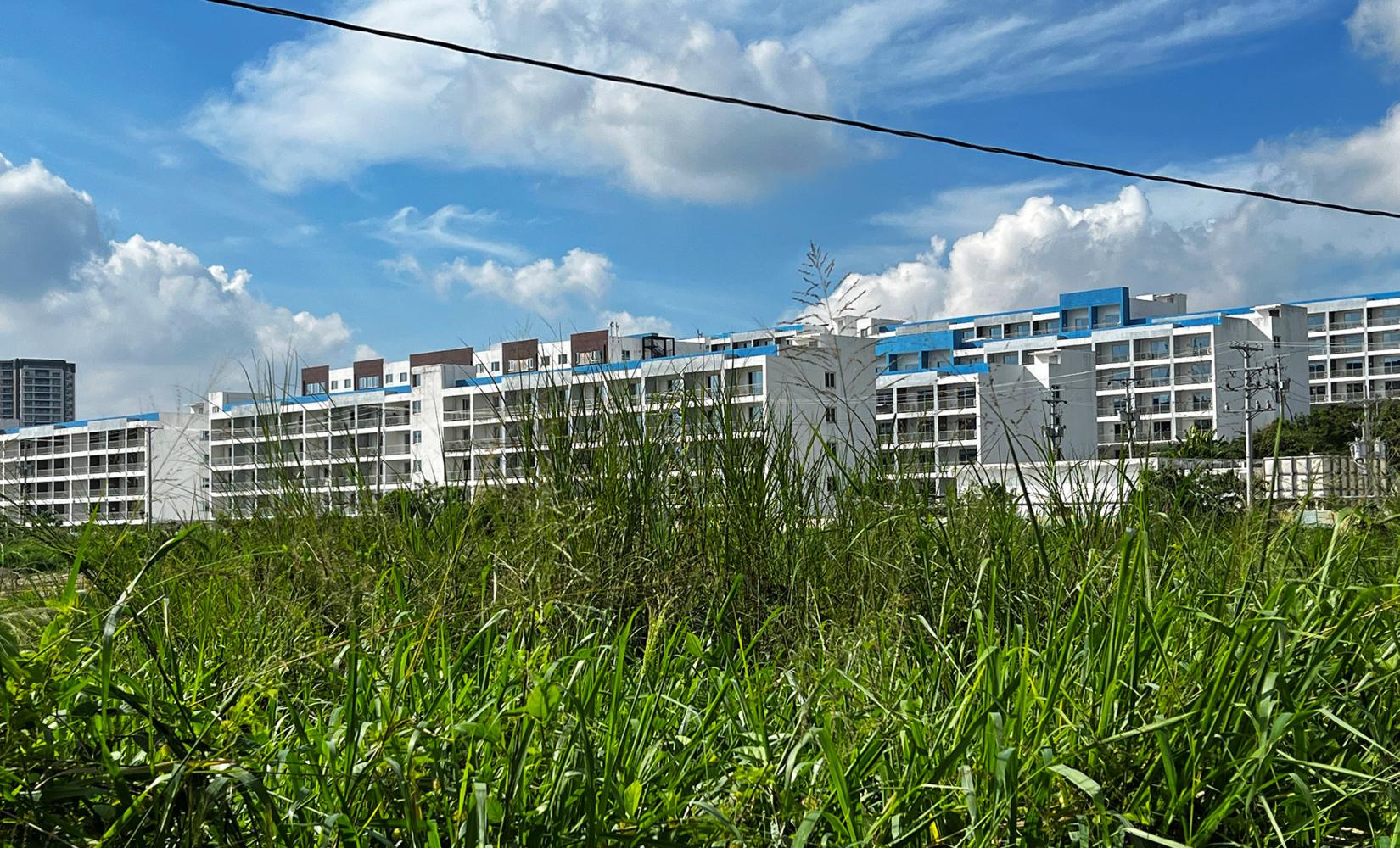
UN News visited raided locations in, Manila and Bamban. We spoke to two people: Susan, a Filipina and Dylan* from Malaysia. Both were coerced into carrying out scams. UN News also met PAOCC’s Winston Casio.
Susan: My half-sister tricked me into leaving home and travelling to Myanmar where I was promised a marketing job in her company. It turned out to be a scam farm, and I was forced to work to pay off my sister’s debts as she had fled.
I developed a fake character, a rich young woman based in Brooklyn, New York, who owned property and businesses. The managers gave me images from an Instagram account to build the character and told me to contact divorced or lonely men in the US and get them to transfer money to me. This is what is called a “love scam”. In the pictures, my character is always shopping. But I could not even go outside. I was trapped inside the building.
We are given scripts to use in text conversations, and when they told me to improvise, I used a grammar app to check my English. If the client wants to meet you on a video call, they have models who play the role. The models are also trafficked.

Dylan: Most people do not choose to be there. You have to work up to 16 hours a day, especially as you have to contact clients across time zones. The managers told me to get them to invest in a fictitious oil deal in Dubai and then steal their money.
There are quotas for the amount of money you must scam. They set the target for me of $100,000 a month, and when I did not make that, I was beaten.
Winston Casio: We rescued around 680 people in the Bamban scam farm, but we think that a number of managers escaped after they were tipped off.
These are huge operations. People are not allowed to leave. They are held against their will and forced to commit scams and fraud. Women are trafficked as sex slaves, and the managers in one farm had what they called “the aquarium” where women were forcibly put on display and then chosen by the men to perform sex.
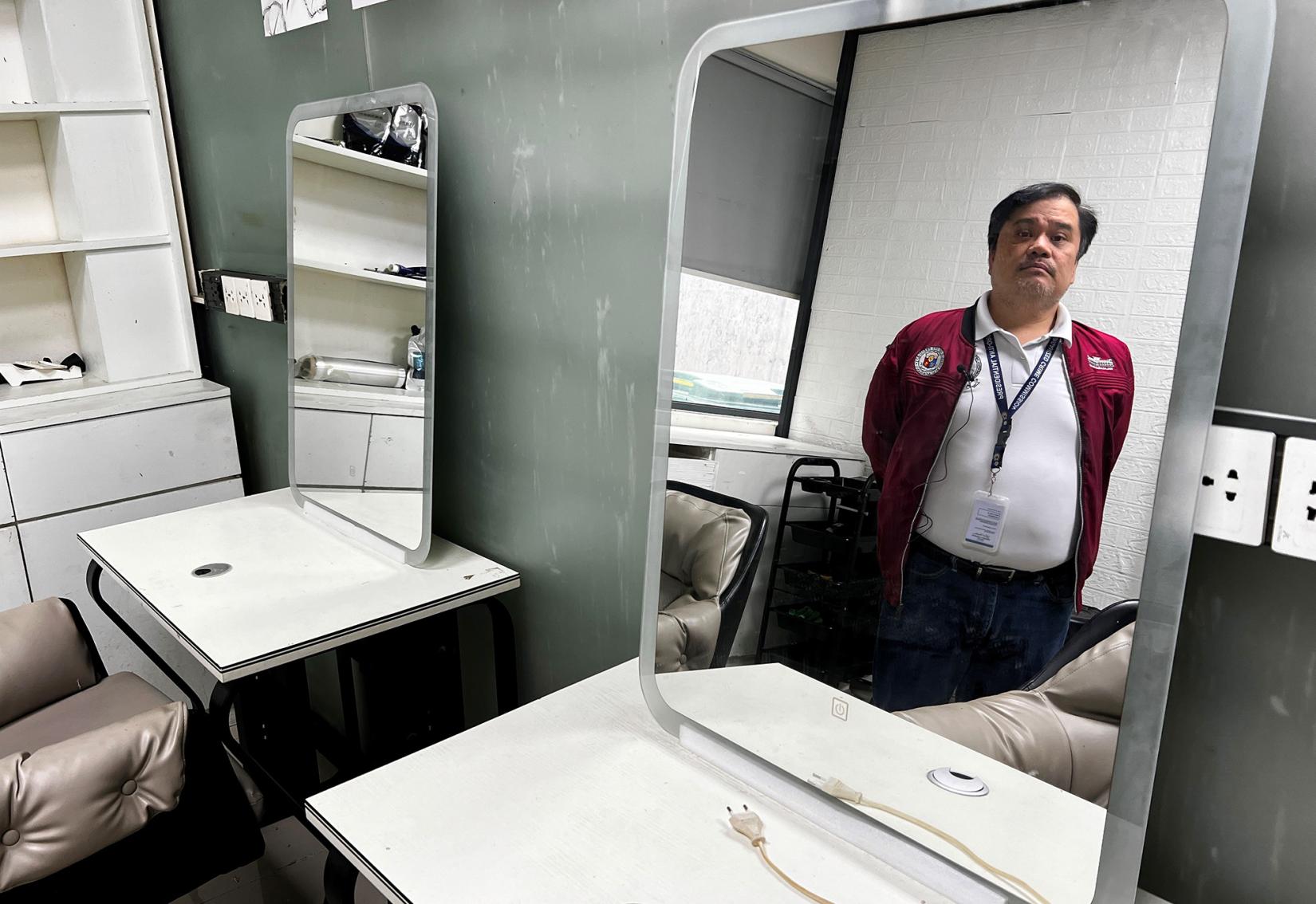
Every location is self-contained, and everything is provided. Of course, there are dormitories and cafeterias, but also a barber shop, medical clinic, massage spa, gambling room as well as a VIP karaoke bar for senior managers, where they could drink, sing and socialise in private rooms.
Just a few metres down the hallway, we also found a torture room with handcuffs and bloodstains on the walls, where people were taken for brutal punishment when they did not meet their quotas.
Susan: I got close to scamming some clients, but felt bad about it so secretly warned them whilst telling my manager that they had blocked me. He got angry and beat me with a metal pipe. My injuries were too serious to be treated at the scam farm, so I was taken to a hospital by three guards but was unable to tell the doctors what had really happened to me. I still suffer the physical and emotional trauma.
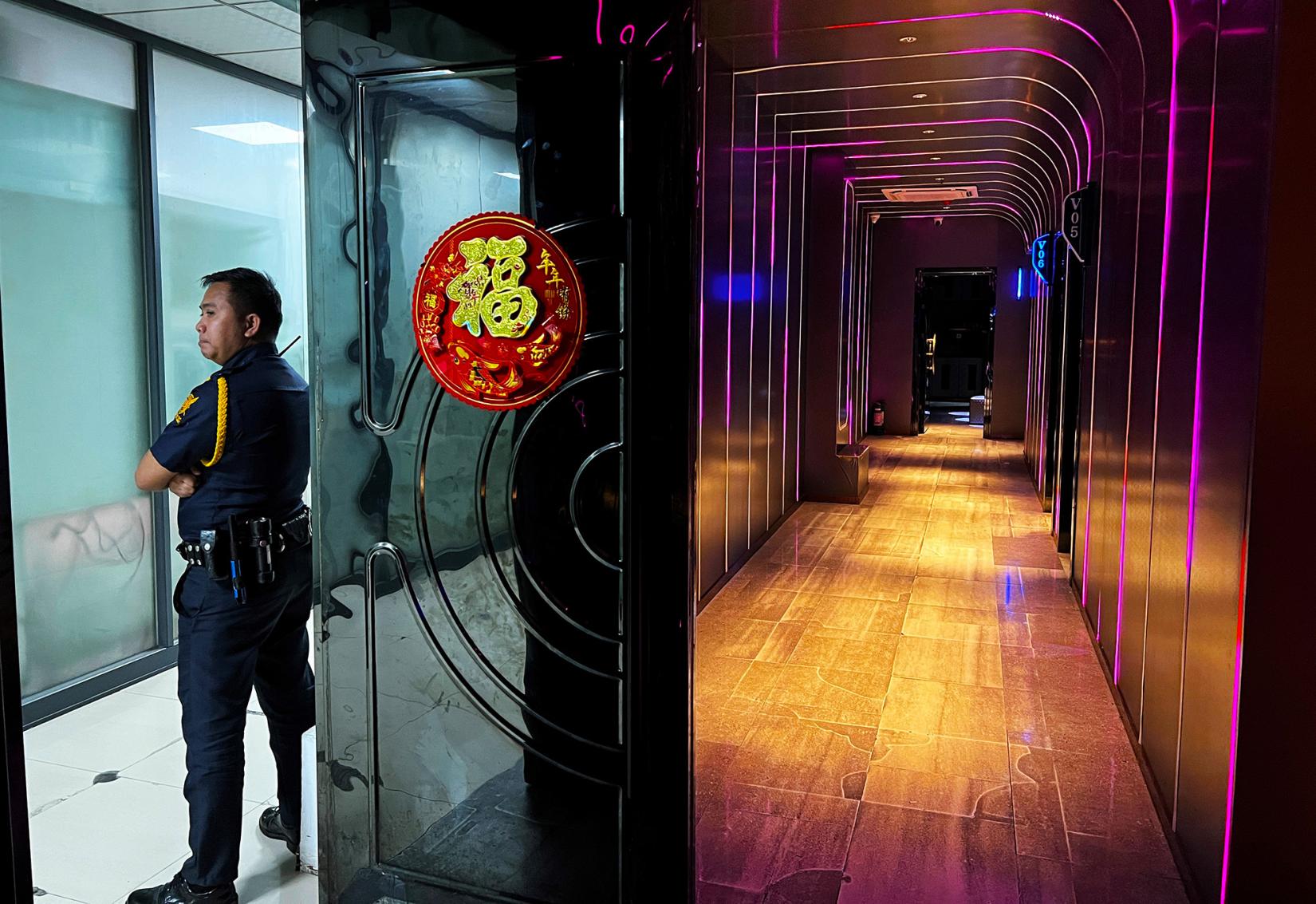
Dylan: I didn’t make any salary, but started building up debt as I had to pay for food, which cost two to three times more at the scam farm than outside. I was freed after one month when the facility was raided.
Winston Casio: It’s sometimes difficult to know the difference between victims and complicit scammers. There are cases where people are taken against their will, but who after four to five days training, embrace the illegal activity and thrive and actually make money. The law wants to see this situation in black and white, but there are many grey areas.
It is an understatement to say that this situation is challenging, as the transnational organised criminal networks that run these facilities are always three or four steps ahead of us.
This is a regional problem which no one country can solve. This is organised crime. Susan will confirm the furniture and computer equipment is the same in facilities in Myanmar and the Philippines.
Law enforcement agencies across Southeast Asia need to collaborate and coordinate, and this is why UNODC is important. It can bring countries together and provide expertise, for example, in digital forensic investigations.
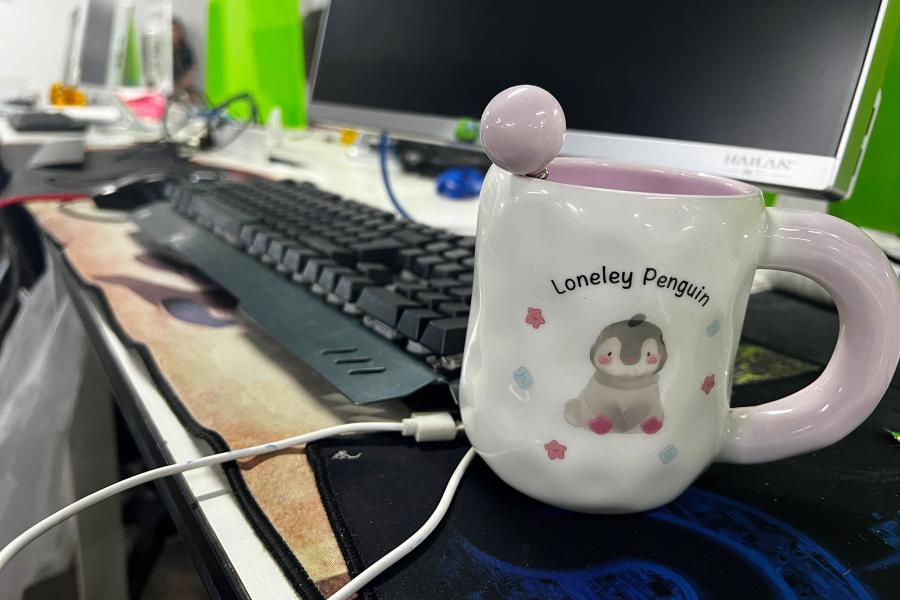
Susan: Towards the end, I was beaten 13 times in one day. I just prayed and prayed while they beat me. I was forced to call my parents and ask them to pay $7000 for my ransom, which was the cost of the hospital bill. They didn’t have the money, and I told them not to try to pay it. I said to my managers “just kill me.” They don’t care about people. They only care about money. However, in the end they realised I had no money and that I was of no use to them, so they just let me go. I made my way back through Thailand to the Philippines.
***
Susan now works for PAOCC in Manila, and Dylan has agreed to be a witness in possible forthcoming legal action and hopes eventually to return to his home in Malaysia.
*Not their real names
This article was originally published on UN News.








